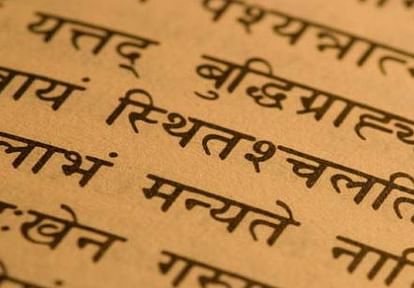
s
Over 300 iconic verses of Bhartrihari, one of the greatest Sanskrit poets of all time, in which he expounds on the most enduring concerns and dilemmas like living, loving and leaving have now been translated into English.
The book "Three Hundred Verses: Musings On Life, Love and Renunciation", having the verses translated by A N D Haksar, captures the verve, acuity and erotic charge of Bhartrihari's most significant works, the publishers Penguin Books said.
Although composed centuries ago, the full force of Bhartrihari's genius is apparently evident in these poems, bursting with lush imagery and brimming with deep philosophical musings.
Covering a wide range of themes - from the first stirrings of young love to the challenges of accepting life's transience - these verses are sure to resonate with contemporary readers.
Bhartrihari's poetry is frequently quoted in ancient anthologies and lauded in old commentaries. Although very little is known about his life and origins, scholarly consensus places him roughly around 450-500 CE.
The "Shataka Trayam" or "Trishati" of Bhartrihari is among the best known and most quoted works of Sanskrit literature.
The translation aims to preserve the verses of "Shataka Trayam" in contemporary language for modern-day readers, says Haksar.
"The verses are replete with succinct thoughts and sharp images. Their tone ranges from cynical to wishful. From erotic to didactic, from pensive to completely detached. Their language is simple and clear," he says, adding he has attempted to reflect all the qualities in free-verse form.









